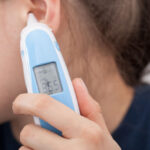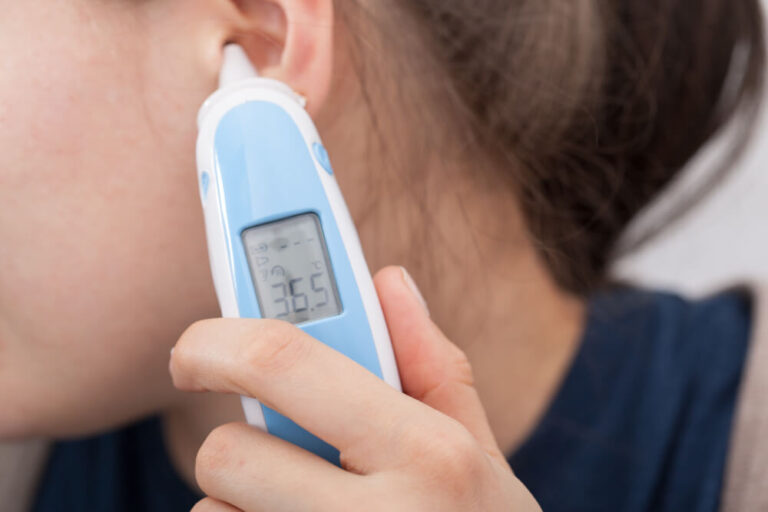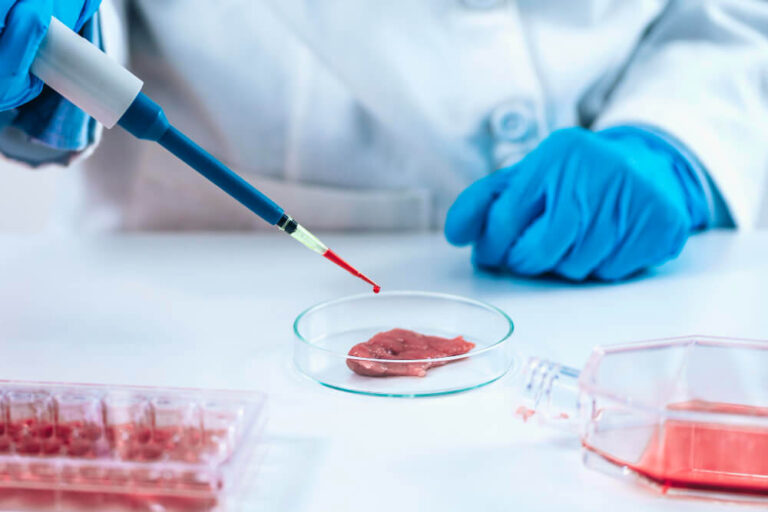Traditional Chinese Medicine perspective on cold and fertility, including symptoms, testing at home, and treatment using acupuncture and moxibustion.
The idea of being “too cold” to get pregnant is not a medically recognised concept, but in Traditional Chinese Medicine (TCM), the body’s internal temperature and energy balance are important for fertility. In TCM, a condition known as “cold in the womb” (or “cold in the uterus”) is believed to negatively impact a woman’s fertility.
TCM Perspective on Cold and Fertility:
- “Cold in the Uterus”: According to TCM, the uterus needs to be warm and nourished for conception to occur. If a woman’s body or reproductive system is considered “too cold,” it may affect her ability to conceive, as it could disrupt the flow of Qi (energy) and blood to the uterus, leading to problems with ovulation, implantation, or maintaining a pregnancy.
- Symptoms of Cold: TCM practitioners may look for signs like feeling cold in the lower abdomen, experiencing frequent cold hands and feet, having pale or sluggish periods, or irregular cycles. These could be interpreted as signs that the body’s internal temperature or energy is out of balance.
Check yourself – remove your upper body clothing so only your bra remains. Wait for 5 mins. With the palm of your hand feel the temperature of your chest above your breasts where a necklace may lay, then feel the temperature of your torso below your breasts but above your belly button. Then lastly feel the temperature of your stomach below your belly button but above the knicker line … If there is a definite variation in temperature and below the belly button is noticeably cooler then you may have cold in the uterus.
Modern Medical Perspective:
In Western medicine, the concept of the body being “too cold” to get pregnant isn’t used, but temperature-related issues can still impact fertility in different ways:
- Hypothyroidism: An underactive thyroid (low thyroid hormone levels) can cause symptoms like feeling cold, fatigue, weight gain, and irregular periods, which can interfere with ovulation and fertility.
- Extreme Cold Environments: While the body needs to maintain a normal temperature for overall health and reproductive function, occasional exposure to cold weather is not likely to prevent pregnancy. However, prolonged exposure to extreme cold or very low body temperature (hypothermia) could affect hormone production and fertility in the long term.
- Increased Stress and Fertility: Feeling cold could sometimes be a result of chronic stress or poor circulation, both of which could impact fertility by affecting hormonal balance.
Factors That Affect Fertility:
While “being too cold” is not a direct cause of infertility in medical terms, there are several factors that can influence fertility:
- Hormonal Imbalances: Conditions like polycystic ovary syndrome (PCOS), thyroid disorders, and other hormonal issues can affect ovulation and fertility.
- Nutritional Status: A balanced diet, including healthy fats and adequate caloric intake, is crucial for reproductive health. Extreme weight loss or poor nutrition can affect menstrual cycles and fertility.
- Stress and Lifestyle Factors: Chronic stress, lack of sleep, and an unhealthy lifestyle can affect hormone production and menstrual cycles. T
- Age: As women age, fertility naturally declines, and egg quality may be affected, making it harder to conceive.
Conclusion:
In modern medical terms, your body being “too cold” isn’t a common cause of infertility. However, if you’re experiencing symptoms of coldness or suspect an underlying issue like hormonal imbalances or thyroid dysfunction, it’s important to consult with a healthcare provider. A fertility specialist or endocrinologist can help assess and treat conditions that may be impacting your ability to conceive. If you’re exploring acupuncture or Traditional Chinese Medicine, a practitioner might offer additional insights into balancing your body’s internal energy and temperature to support fertility.
in Traditional Chinese Medicine (TCM), cold in the uterus is a concept used to describe an imbalance in the body’s internal temperature that may impact fertility and menstrual health. According to TCM, cold can stagnate blood flow and prevent the smooth functioning of the reproductive organs, which may lead to symptoms like irregular cycles, painful periods, difficulty conceiving, or recurrent miscarriages.
Acupuncture and moxibustion (a therapy that involves the burning of the herb mugwort) are commonly used in TCM to treat cold conditions, including cold in the uterus. Here’s how they work:
1. Acupuncture for Cold in the Uterus
When treating cold in the uterus, acupuncture aims to:
- Warm the Uterus: Acupuncture points are chosen to help warm the reproductive organs and improve blood circulation to the uterus and ovaries. This can help to dispel the “cold” and enhance fertility.
- Regulate Blood Flow: By stimulating specific acupuncture points, acupuncture can promote better circulation of blood to the uterus, which helps support hormonal regulation and can create a more favorable environment for implantation.
- Balance the Body’s Energy: TCM views health as a balance of Yin and Yang, and cold in the uterus is thought to result from an excess of Yin (cold energy) and a deficiency of Yang (warming, activating energy). Acupuncture can help restore this balance and improve overall vitality.
2. Moxibustion for Cold in the Uterus
Moxibustion involves the burning of mugwort (Artemisia vulgaris) near the skin at specific acupuncture points. The heat from moxibustion is believed to help dispel cold, improve circulation, and stimulate the body’s healing energy.
There are two main types of moxibustion:
- Direct Moxibustion: The moxa is placed directly on the skin at specific points and burned until a sensation of warmth is felt.
- Indirect Moxibustion: The moxa is burned near the skin, often over a needle or a small disk, to provide gentle warmth.
For cold in the uterus, moxibustion is typically applied to the following areas:
- Lower Abdomen: Moxa is often burned near the lower abdomen, where the uterus is located, to directly warm and invigorate this area.
3. How Acupuncture and Moxa Work Together
- Warm the Body: The warming properties of moxibustion, combined with the energy-balancing effects of acupuncture, help to remove cold, improve circulation, and promote optimal conditions for conception.
- Strengthen the Kidneys and Uterus: In TCM, the kidneys are considered the root of vitality and fertility. Acupuncture and moxibustion can strengthen Kidney Yang, which supports reproductive health and helps “warm” the uterus.
- Regulate Menstrual Health: For women with cold-related menstrual issues (such as delayed periods, light flow, or cramping), acupuncture and moxibustion can help regulate the menstrual cycle and improve the overall health of the reproductive system.
4. When Is Moxibustion Used?
Moxibustion is often used when the practitioner believes that “cold” is the root cause of infertility or menstrual issues. It can be particularly helpful for:
- Dysmenorrhea (Painful Periods): Especially if there’s a sensation of cold or heaviness in the abdomen.
- Amenorrhea (Absence of Periods): In cases where menstrual cycles are irregular or absent due to coldness.
- Infertility Due to Cold in the Uterus: Women with difficulty conceiving due to poor circulation or hormonal imbalance linked to cold conditions in the reproductive organs.
5. Other Considerations
- Diet and Lifestyle: TCM often recommends dietary and lifestyle changes to complement acupuncture and moxibustion. For example, warming foods like ginger, cinnamon, and soups made with warming ingredients are suggested to help dispel cold. Women may also be advised to avoid cold drinks, raw foods, or overexposure to cold environments.
- Frequency of Treatment: To treat cold in the uterus, regular acupuncture sessions are typically recommended, often once a week, especially if there are fertility concerns. Moxibustion (with instruction first) can be applied at home or during acupuncture sessions as part of the treatment plan.
6. Effectiveness and Safety
- Effectiveness: Many women report positive results with acupuncture and moxibustion, particularly for conditions like irregular cycles, painful periods, and fertility challenges. However, the effectiveness can vary from person to person.
- Safety: When performed by a licensed acupuncturist or practitioner trained in moxibustion, acupuncture and moxibustion are generally safe. Conclusion
Acupuncture and moxibustion are powerful tools in Traditional Chinese Medicine used to treat cold in the uterus by warming the body, improving blood circulation, and restoring balance to the reproductive system. These therapies can be particularly helpful for women experiencing fertility challenges, menstrual issues, or discomfort associated with coldness in the uterus.






